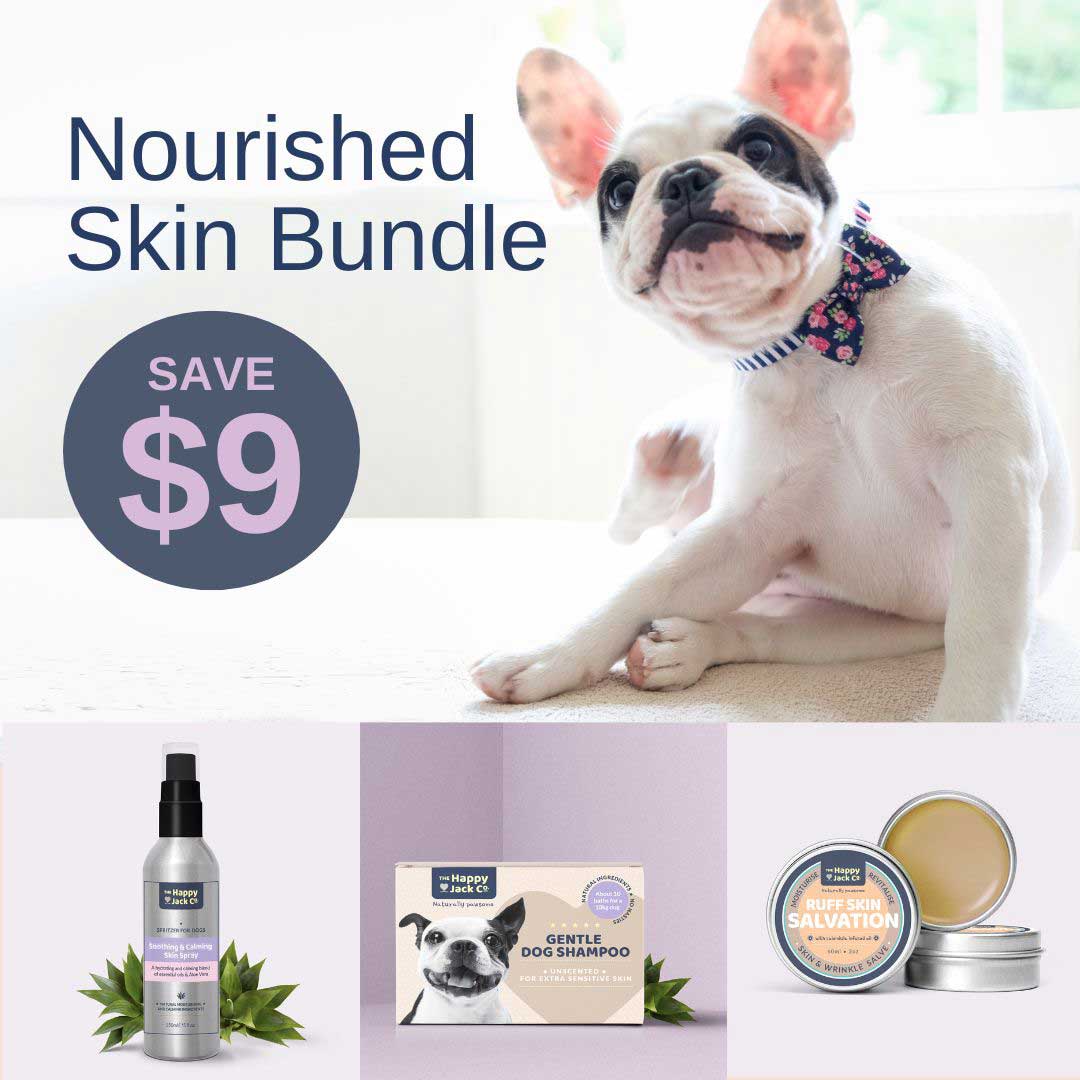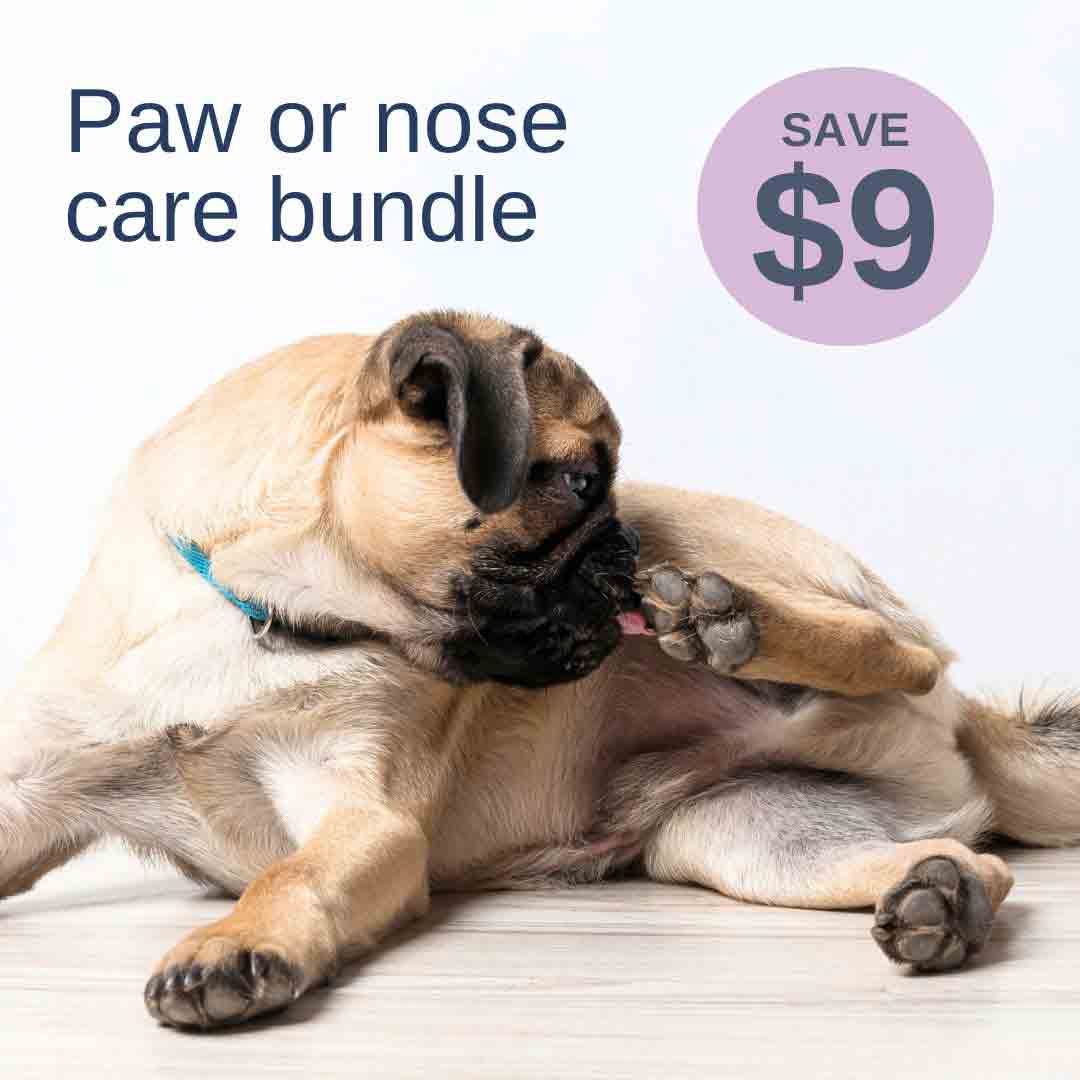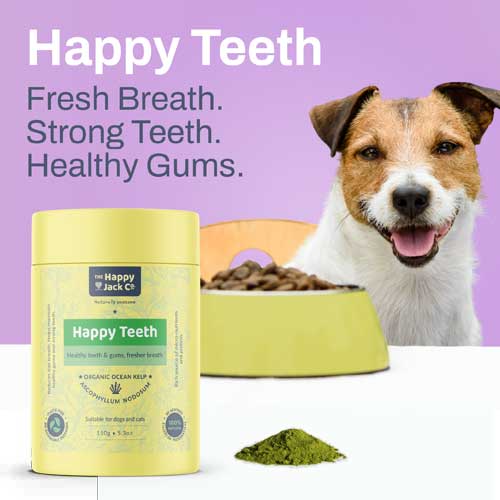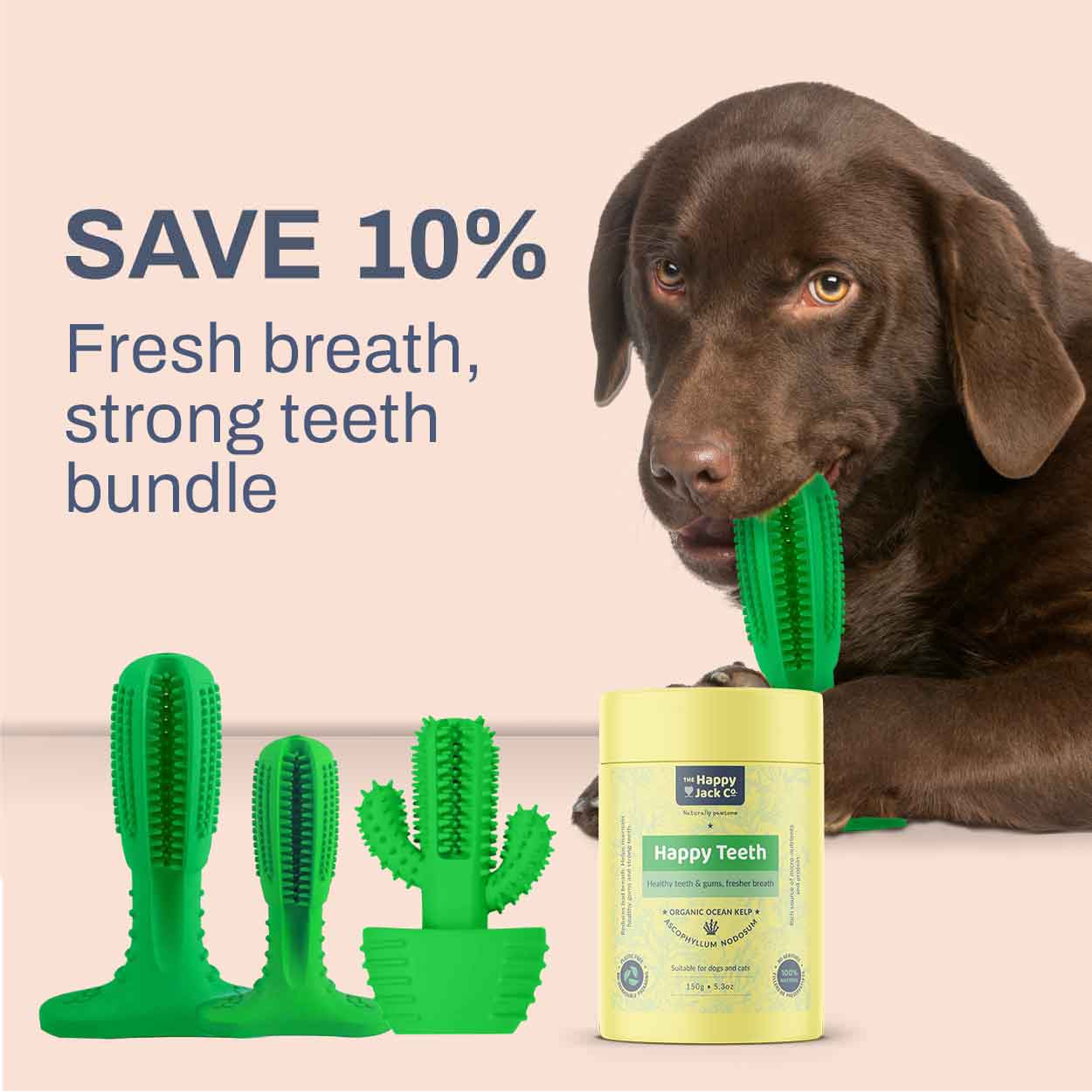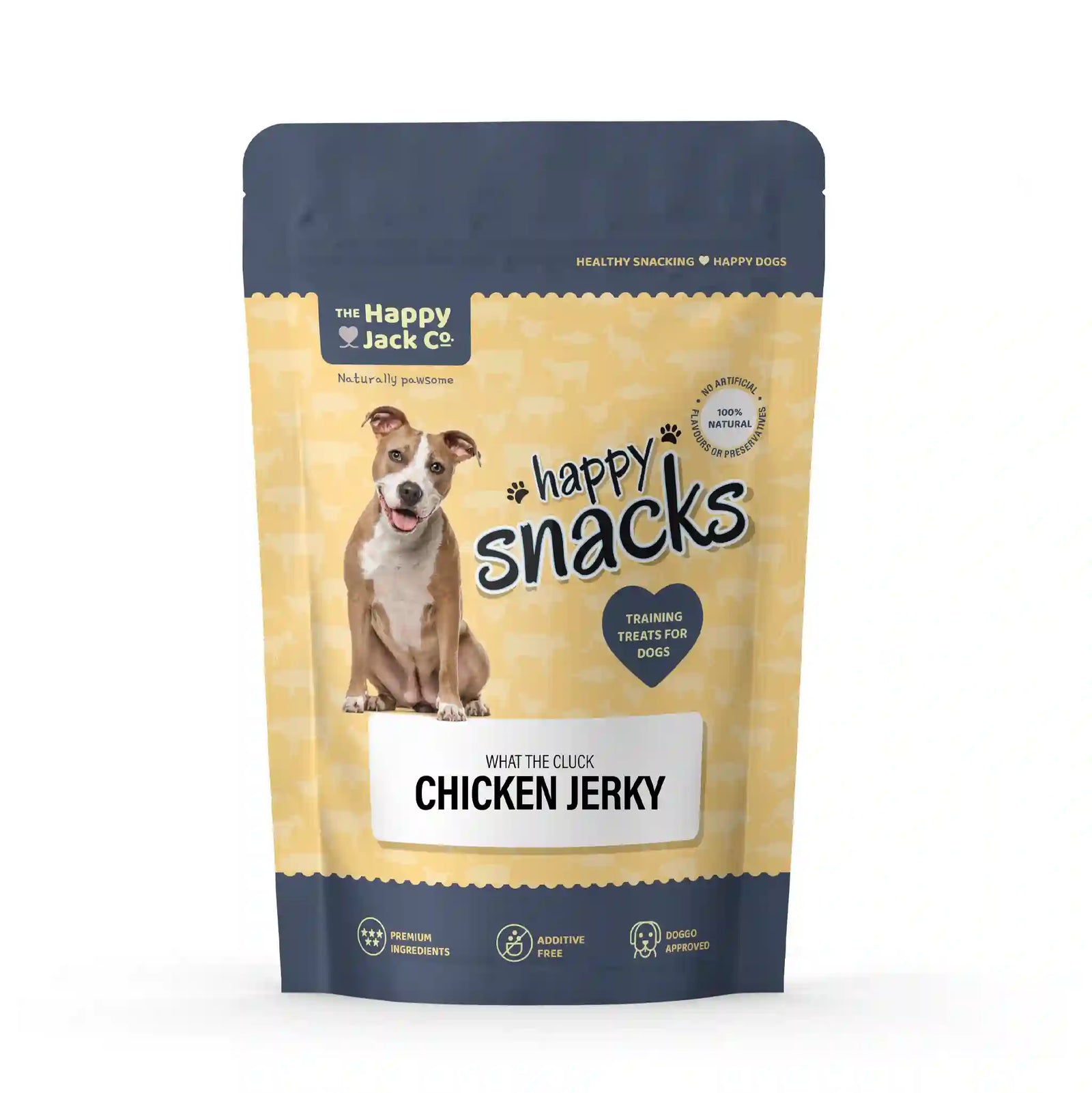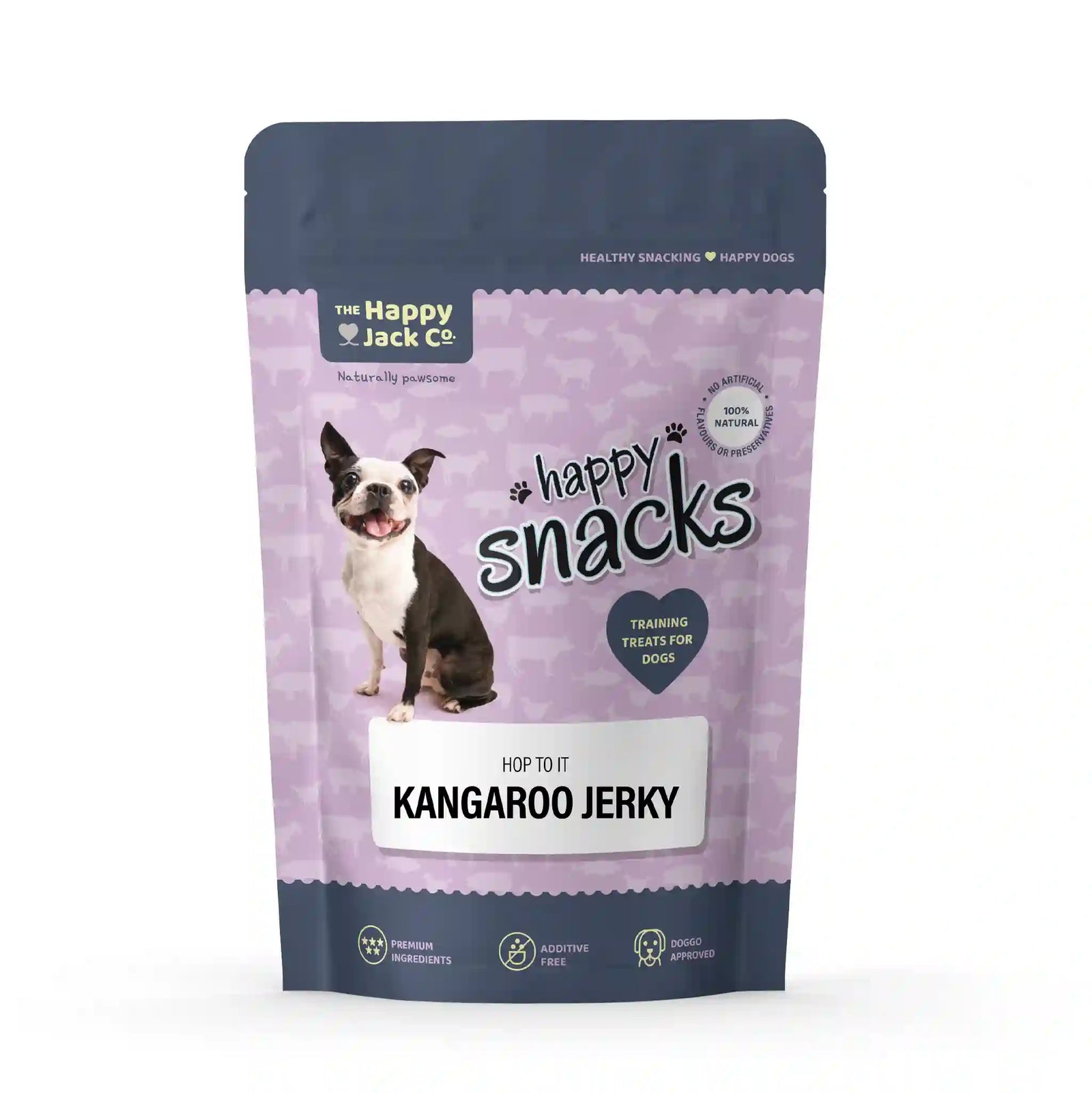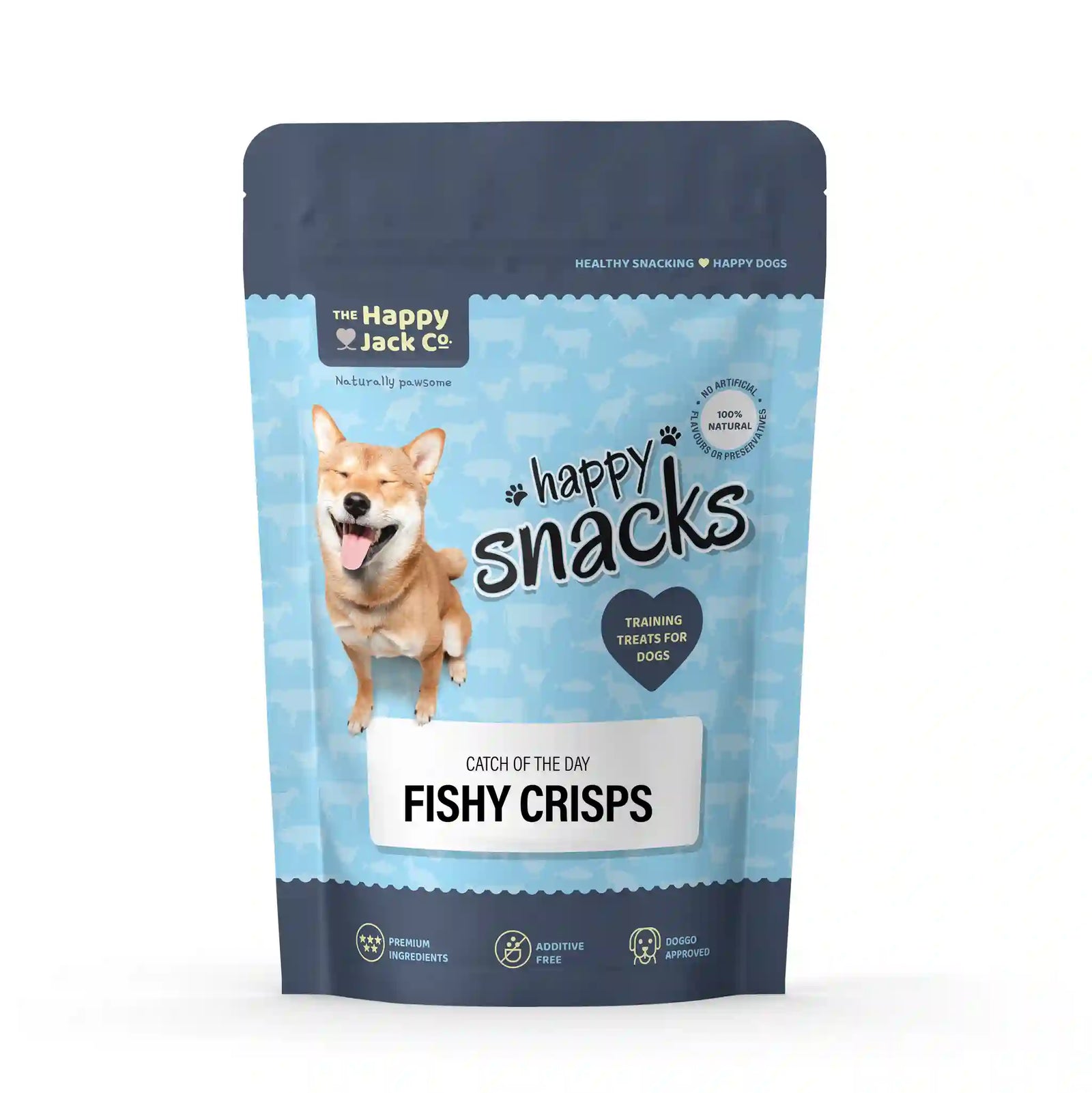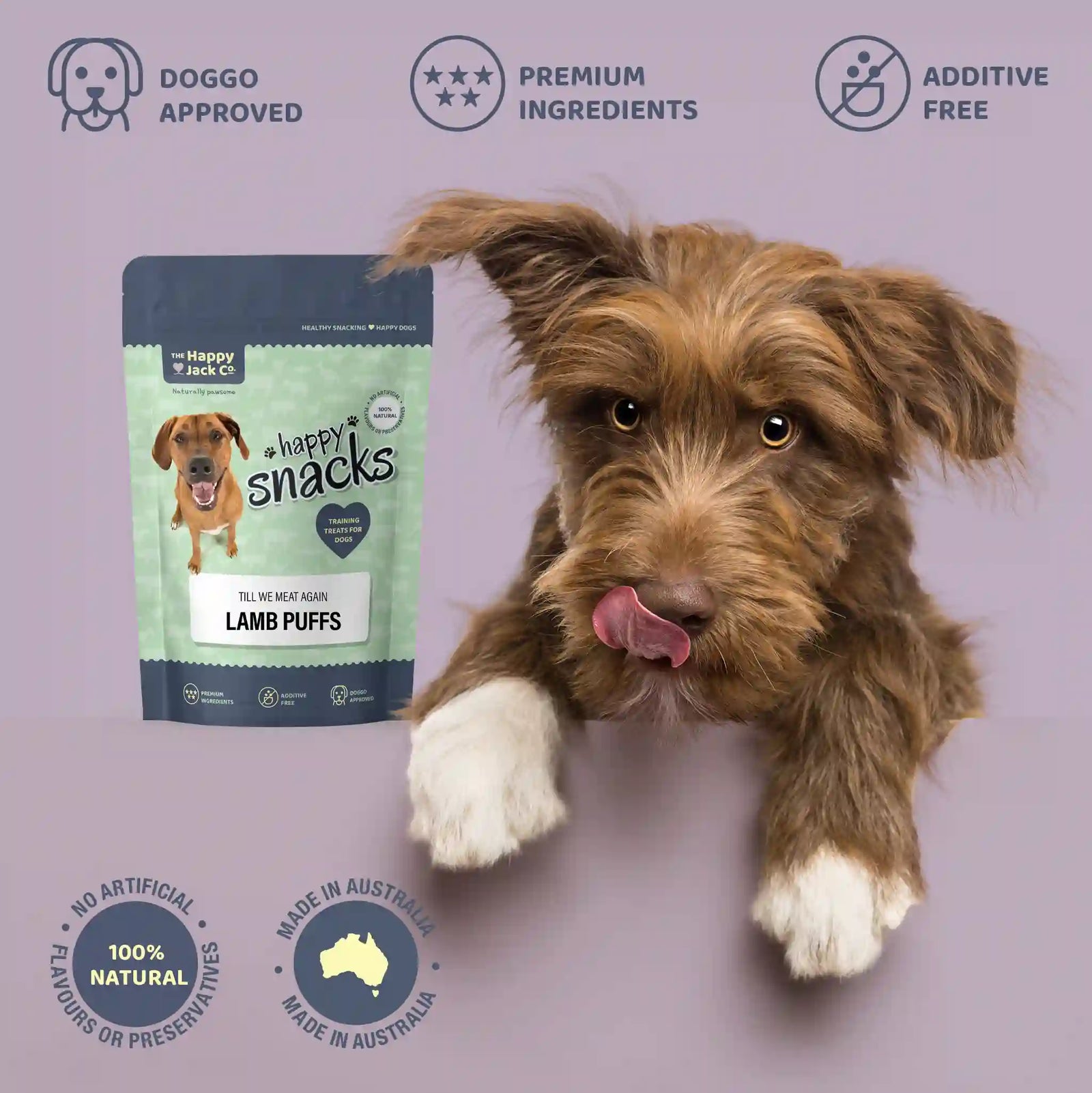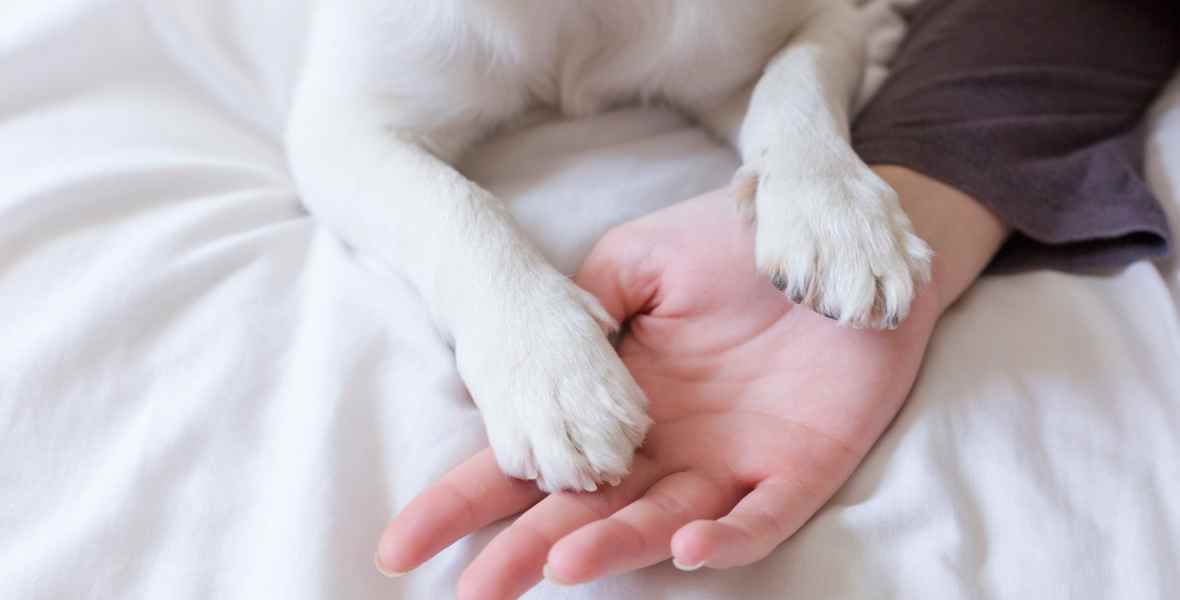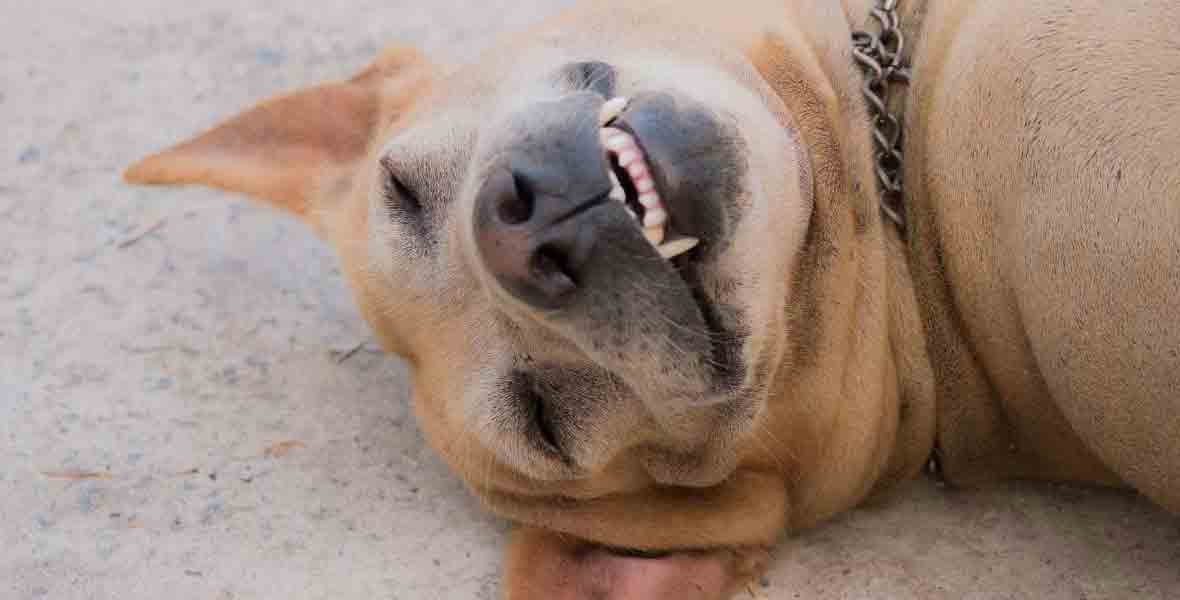
Dogs are known as man's best friends for good reason. They are loyal, loving, and always happy to see us. But what many people don't realise is that dogs need as much care for their teeth as we do. By caring for your dog's teeth you will help them lead long, happy and healthy lives, and you can avoid expensive vet bills.
Dental disease is the most common major health problem dogs. It is estimated that up to 75% of dogs over the age of 5 suffer from dental disease.
The University of Sydney Veterinary Training Hospital
Dental health is an important part of your dog's overall health.
Just like people, dogs can suffer from dental problems. The most common problem caused by poor dental care is plaque build-up and gum disease. Poor dental health can lead to many other health problems, including tooth loss, heart disease, and kidney failure. In addition, gum disease can also make it difficult for your dog to eat and can cause bad breath.
If your dog does develop gum disease or other dental problems, you will need to take him to the vet for treatment. The vet may prescribe antibiotics or other medications, and he may also need to have his teeth cleaned or even extracted.

What is plaque and tartar build-up?
Plaque is a sticky, colourless film that forms on teeth. It is made up of bacteria, food particles, and saliva. If plaque is not removed, it will harden into tartar. Tartar is a sticky, calcified material that attaches to the teeth and gums, and can only be removed by a vet. Plaque and tartar can cause cavities, gum disease, and other dental problems.
It is important to keep your dog's teeth clean and regularly remove plaque.
How to care for your dog's teeth
- Start with a good diet
- Avoid sugary dog/food treats
- Feed raw bones
- Schedule regular vet checkups
A good diet for keeping your dog's teeth healthy.
When it comes to your dog's health, you want to make sure you're doing everything you can to keep them in good shape. This includes making sure their teeth are healthy. A good diet is one of the best ways to keep your dog's teeth healthy.
Dogs that eat a lot of dry food are more likely to have plaque and tartar build-up on their teeth than those that eat wet food because the food particles tend to stick more than wet foods. This doesn't mean you should not feed dry food, a good balance and variety are always the best.
Avoid sugary dog/food treats
There are a lot of different opinions on what is the best dog food. Some people believe that high-sugar/carbohydrate dog foods are bad for dogs, while others think they are just fine. There is a lot of research that suggests that high-sugar diets are linked to dental disease, obesity, diabetes, and other health problems in dogs.
Many commercial dog foods contain large amounts of sugar in the form of carbohydrates. Commonly they will contain corn, wheat or other grains that can cause plaque and tartar build-up. Limit the amount of these foods and try incorporating some raw bones, which are great for keeping their teeth clean and healthy.
Benefits of raw bones for dogs
It is becoming more and more popular for dog owners to feed their pets a raw diet. This typically consists of whole, unprocessed foods that are as close to their natural state as possible. While there are many benefits to feeding your dog a raw diet, one of the lesser-known benefits is the positive impact it can have on their oral health. Raw bones are an important part of a raw diet for dogs and offer several dental and health benefits. Raw bones (never feed cooked bones) and animal parts that still have the fur on are good dental cleaning aids. Raw bones and furry chews help to remove plaque from the teeth, they act as a natural toothbrush.
Even if you don't feed a raw diet you can still incorporate raw bones into your dog's diet.
Regular vet dental checkups
Just like with people, regular dental checkups and cleanings are essential for keeping your pet's teeth and gums healthy. If left untreated, dental problems can lead to more serious health issues.
Dogs and cats typically need their teeth cleaned every six months to a year, depending on their diet and how often they chew on things. During a dental cleaning, a veterinarian will scale your pet's teeth to remove any build-up of plaque or tartar. They may also polish the teeth to remove any surface staining.
If your pet has any existing dental problems, such as cavities or broken teeth, the veterinarian may need to take corrective action.
Prevention is better than cure
The mouth is one of the most important parts of your dog's body. Prevention is always better than cure, so it is important to keep your dog's oral hygiene in check to keep their mouth healthy. Avoiding plaque and tartar build-up is the best way to keep your pet's teeth and gums healthy. But how exactly do you do that?
Introducing Happy Teeth Dental Care for dogs (and cats), the easy to use solution.
What is Happy Teeth dog (and cat) dental care?
Happy Teeth Dental Care is 100% Norwegian sea kelp Ascophyllum nodosum. It is a brown seaweed that grows in the cold waters of the Atlantic and Pacific oceans. This brown algae has been used for centuries as a natural remedy for a variety of health problems. Scientists have discovered that Ascophyllum nodosum can also protect teeth from decay. The seaweed contains a compound called fucoidan which destroys the bacteria that cause tooth decay. Fucoidan also strengthens tooth enamel and helps to prevent plaque formation. In addition, Ascophyllum nodosum is rich in minerals and vitamins and is high in calcium which improves oral health in dogs and helps to keep teeth and gums clean, healthy and strong.
Happy Teeth Dental Care removes bacteria that can cause serious dental problems.
How to use Happy Teeth Dog Dental Care
Simply sprinkle or mix in the recommended dose onto one of your pet's daily meals…that's it you're done. The sea algae helps to soften and break down plaque build-up, you can also feed some raw bones to help speed up the removal of the plaque. It also prevents new plaque from sticking to the teeth, freshens the breath and can help whiten the teeth.
By following these simple steps, you can help keep your dog's oral health in check and avoid expensive vet bills. Preventive dental care is much cheaper and less invasive than treating dental disease in your dog. By caring for your dog's teeth you will help them lead long, happy and healthy lives and you can enjoy fresh doggy kisses every day.


